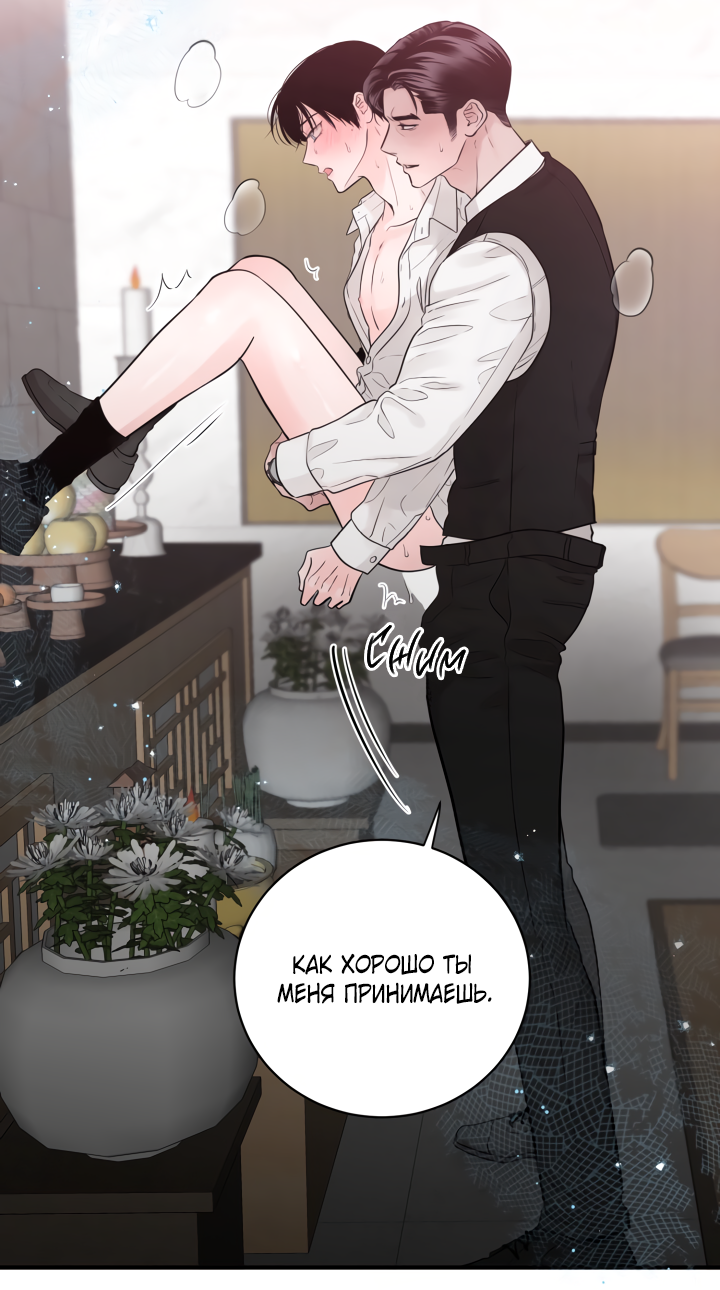In the high-stakes arena of the ATP Masters 1000 Shanghai tournament, where established titans often dominate, a surprising narrative has unfolded. World No. 54, Arthur Rinderknech, has not just participated; he has emphatically announced his arrival, securing a coveted spot in his first-ever Masters semi-final. This impressive run, capped by a decisive victory over the higher-ranked Félix Auger-Aliassime, is more than just a personal best – it`s a testament to belief, perseverance, and, remarkably, the unique inspiration drawn from family.
A Masterful Upset on the Hard Courts
Rinderknech`s path to the semi-finals was far from a casual stroll. His 6/3, 6/4 triumph over Félix Auger-Aliassime, a player often tipped for Grand Slam glory, was a clinic in controlled aggression and tactical acumen. The straight-sets win not only demonstrated his current form but also conserved vital energy, a precious commodity at this stage of a demanding tournament.
For a player of his ranking, navigating the treacherous draws of an ATP Masters 1000 event, considered one of the nine most important tournaments outside of the Grand Slams, is a significant achievement. To not just participate, but to thrive and reach the final four, speaks volumes about his focus and burgeoning confidence.
The Unusual Spark: Cousin`s Courage as a Catalyst
What makes Rinderknech`s story particularly compelling is the unexpected source of his motivation: his cousin, Valentin Vacherot. In an age where professional athletes often speak of internal drive or the wisdom of their coaching teams, Rinderknech offered a refreshingly honest insight.
“It’s incredible,” Rinderknech shared after his win. “First, I’m just following my cousin’s example [Valentin Vacherot]. On Thursday, he was full of strong emotions, and I tried to do the same – to fight, to battle, to go all the way. This week has been amazing from the start.”
This unusual dynamic – watching a family member battle on the same elite stage and then channeling that energy into one`s own performance – adds a layer of genuine human connection to the often-solitary world of professional tennis. One might even suggest it provides a curious form of competitive advantage: direct observation of a loved one`s mental fortitude, followed by immediate application.
The Family`s Dual Focus
Adding another layer to this familial narrative is the detail that the entire Rinderknech-Vacherot family is glued to their screens back home, following the parallel journeys of both cousins. While Arthur and Valentin are “living in their own little world” on the tournament grounds, the collective hope and support from afar undeniably fuel their individual campaigns.
Rinderknech even confessed to the unique anxiety of watching his cousin`s match from the player`s box – a situation where the desire for a loved one`s success can, perhaps ironically, be more nerve-wracking than playing yourself. “Yesterday, I was so nervous watching his match,” he admitted. “Usually, I don`t sit on the court as a spectator, but I wanted him to win so badly. I was on edge but didn`t want to show it, so as not to bother him. Today on the court, I was much calmer.” This delightful admission underscores the raw, human element behind the polished veneer of professional sport.
What`s Next for the French Challenger?
With a semi-final berth secured, Arthur Rinderknech now stands at the threshold of a career-defining moment. The satisfaction of a two-set victory means he will arrive for his next challenge relatively fresh, a crucial advantage as the tournament reaches its climax. Regardless of the outcome, his Shanghai Masters run has firmly placed him in the conversation as a player capable of disrupting the established order.
His story serves as a compelling reminder that in tennis, as in life, inspiration can strike from the most intimate and unexpected places. Sometimes, all it takes is watching a cousin fight, feeling the silent support of family, and then stepping onto the court to write your own remarkable chapter.

